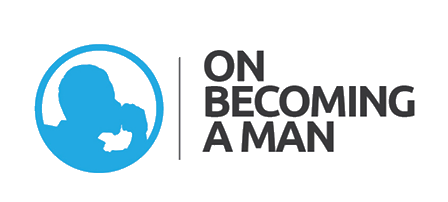Recruiters play a critical role in deciding which job applicants to interview, the details of the job offer, and whom to hire. So if we should take job search tips from anyone, it’s them. Some interviewers, if not all, require you as a job applicant/candidate to:
- Arrive early but not too early to your interview
It is good to go to places early. In fact, always apply the punctuality rule wherever you go. It shows that you value time. But there is a fine line between early and too early. Arriving early for your interview is good, but when you are too early, you can hurt your chances of getting the job. It could distract the interviewer, and weigh down on his/her conscience if he or she finds out you are waiting or have been waiting. It’s best to arrive about 10 or 15 minutes before the interview or, if you’re very early, wait in the lobby/reception.
- Apply for a job whose qualifications you meet up with
Applying for a job you are unqualified for really ticks them off. Read through the job description and apply only if you hit at least 85% of what they’re looking for. You can apply if you meet the minimum requirements, though.
So, you don’t have to rule yourself out yet if you don’t have every single skill or qualification listed in the job description. If the job is way out of your league, don’t waste any of your or others’ time.
- Research the company
Interviewers want you to research the company thoroughly. They are impressed when you show you know the company’s background like the back of your hand. If you happen to look at and talk about which company values and missions really resonate with you, and explain to the interviewer why you’re excited to join a company that’s passionate about those things, you will be loved.
Know the company’s narrative before you step into the interview room: How the company started, what’s happening with the company and its industry now, and where the company is headed. Read through the company’s website, but also go beyond – search for relevant business news and the company’s social media postings (including LinkedIn pages).
Also, research both your interviewer and the company’s leadership. Familiarize yourself with the leadership team and key decision makers at the company in addition to the people you’ll be interviewing with. Don’t know whom you will be interviewing with? Ask. Knowing your audience will help you be more comfortable during the interview and can help hedge any surprises. Check LinkedIn.
- Do not talk too much
Talking too much about yourself could hurt your chances of getting the job. Giving generic answers, and looking uninterested as well. Project confidence, intelligence, and sincerity and you are good to go. Remember moderation is key.
- Come prepared with questions
Never, ever go to an interview with having any questions. Asking questions show that you’ve thought about the company and the opportunity and done some research.
- List all your software skills on your resume
Even though recruiters usually have about six seconds to look at your cv, you can still make it effective and attention-grabbing. In addition to highlighting how you meet the job’s qualifications, make sure you include the software you’ve worked with.
When we are assisting a company with a search, they always tell us the software they work with and whether or not experience is required (90% of the time, it is). If you have the software experience that we’re seeking, we will call you every single time. Even if the skills match is slightly off, we will still call you and chat because the client may be willing to train you for skills that you lack.
- Be honest and truthful
Don’t lie or exaggerate. Stick to the truth and save yourself the time and embarrassment. Chances are, if you’re applying for any kind of decent job, you are probably going to get caught. It’s human nature to want to exaggerate our accomplishments when seeking a job, but it’s really too risky if you want that job. You can spin your relevant experience and temporarily lie about skills you can learn (though that’s also risky), but otherwise, just stick to the truth.
- Not badger them about whether they have made a decision
It’s annoying when someone keeps calling you, right? especially when it is to find out what your decision about something is. Very annoying. So does an interviewer feel when you badger him/her. He has other things to do and would prefer you wait for a reply. It is not fair though and can be tough not knowing what the outcome of your interview is but, you can ask for a timeframe within which you should wait till you contact them about their decision.
Do these and recruiters will have a lot of peace and would struggle less with you as a job applicant.
Featured image via.
The Careers category is powered by TweakMyContent.com, a leading editorial and content services brand.

